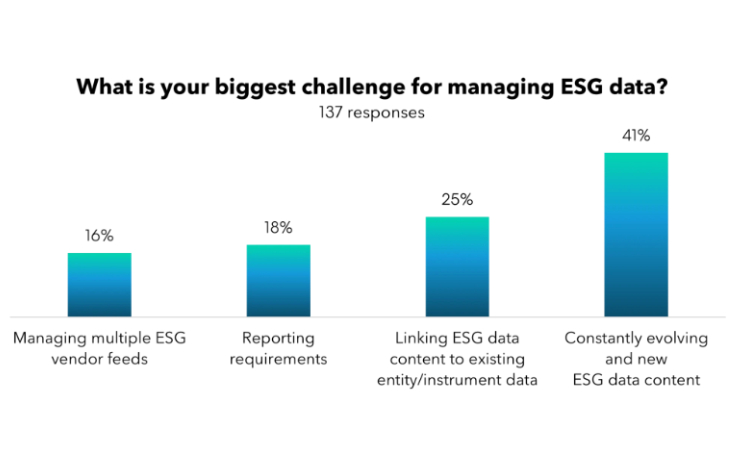Greenwashing is a term that has emerged in recent years to describe the practice of companies presenting themselves as environmentally friendly, sustainable, or socially responsible without actually living up to their claims. The term has gained traction among ESG community as a way to identify companies that are more focused on appearing socially conscious than actually making meaningful progress in these areas. Greenwashing is a form of corporate propaganda that seeks to mislead consumers and investors into thinking that a company is doing more for the environment or society than it actually is. This is done through the use of misleading language, incomplete or inaccurate information, and in some cases outright lies. The reason why many corporations commit greenwashing is to improve a company’s image, increase its market share, and ultimately make more money.
One of the most notable examples of greenwashing comes from the United States, where oil giant ExxonMobil was accused of misleading investors and the public about the risks of climate change. In 2015, investigative journalism outlet Inside Climate News published a series of articles alleging that ExxonMobil had known about the risks of climate change for decades but had suppressed that information and instead funded climate change denial campaigns. The company denied the allegations, but subsequent investigations by the New York Attorney General’s office found evidence that ExxonMobil had misled investors by not disclosing the risks of climate change to them. In 2018, the Securities and Exchange Commission (SEC) fined ExxonMobil $2 million for failing to accurately report the potential risks to its business from climate change.
In Australia, one of the most prominent examples of greenwashing comes from the banking sector. The major banks in Australia have all made commitments to becoming more environmentally sustainable, but critics argue that these commitments are largely symbolic and do not translate into meaningful action. In 2020, environmental group Market Forces published a report that found that Australia’s four major banks – Commonwealth Bank, Westpac, ANZ, and NAB – had collectively invested over $35 billion in fossil fuel projects since the signing of the Paris Agreement in 2015. The report also found that the banks had provided minimal funding for renewable energy projects and had not taken adequate steps to reduce their own carbon footprint. The report concluded that the banks’ commitments to sustainability were not backed up by meaningful action.
In the United Kingdom, one of the most notable examples of greenwashing comes from the fashion industry. Many fashion brands have made commitments to becoming more sustainable, but critics argue that these commitments are often vague and do not address the fundamental issues with the industry’s business model. In 2019, the UK Parliament’s Environmental Audit Committee published a report that criticized the fashion industry for its lack of transparency and accountability. The report found that many fashion brands were making misleading claims about their sustainability practices and that there was a lack of independent verification of these claims. The report recommended that the government introduce legislation to require fashion brands to disclose their environmental impact and to ensure that their claims about sustainability are accurate and verifiable.
Greenwashing poses a significant risk to a company’s reputation and can result in reputational damage that can be difficult to recover from. Consumers and investors are increasingly aware of environmental and social issues, and they are looking to do business with companies that are genuinely committed to sustainability. Companies that engage in greenwashing run the risk of being exposed and losing the trust of their customers and investors. Moreover, regulatory risks are also a concern for companies engaging in greenwashing. Many countries have laws and regulations governing the claims that companies can make about their environmental and social practices. Companies that make false or misleading claims about their sustainability practices may be in violation of these laws and face fines or legal action.
For example, in the United States, the Federal Trade Commission (FTC) has published guidelines for companies making environmental claims. The guidelines require that environmental claims be truthful, non-deceptive, and substantiated by evidence. Companies that make false or misleading environmental claims may be subject to enforcement action by the FTC. Similarly, in the European Union, the EU Ecolabel program has established criteria for products and services that meet high environmental standards. Companies that use the EU Ecolabel must meet these criteria and undergo regular audits to ensure compliance. If a company is found to be in violation of the EU Ecolabel criteria, it may lose its certification and face legal action.
In addition to regulatory risks, companies that engage in greenwashing may also face financial risks. Investors are increasingly looking to invest in companies that are committed to sustainability, and companies that engage in greenwashing may lose out on investment opportunities. In extreme cases, companies that engage in greenwashing may face divestment campaigns or shareholder resolutions calling for greater transparency and accountability. The case of Volkswagen provides an illustrative example of the risks of greenwashing. In 2015, Volkswagen was caught using illegal software to cheat emissions tests on its diesel vehicles. The scandal resulted in significant reputational damage for the company and cost Volkswagen billions of dollars in fines and settlements. The scandal also had broader implications for the automotive industry and raised questions about the effectiveness of emissions testing and regulation.
Greenwashing is a pervasive problem that affects companies across industries and around the world. ESG experts and investors have a crucial role to play in identifying companies that are engaged in greenwashing and holding them accountable for their actions. The prior examples show that greenwashing can take many forms and can occur in any industry, but that there are steps that can be taken to combat it. By demanding transparency and accountability from companies, and by supporting those that are genuinely committed to sustainability, we can work towards a more environmentally and socially responsible future.
The reputation and regulatory risks of greenwashing are significant and can have long-lasting consequences for companies. Companies that engage in greenwashing run the risk of losing the trust of their customers and investors, facing regulatory action, and losing out on investment opportunities.
ESG Impact helps businesses globally with:
ESG Reporting
ESG Strategy
ESG Sustainability
ESG Scores
Defining ESG
Contact us today on info@esgri.com










